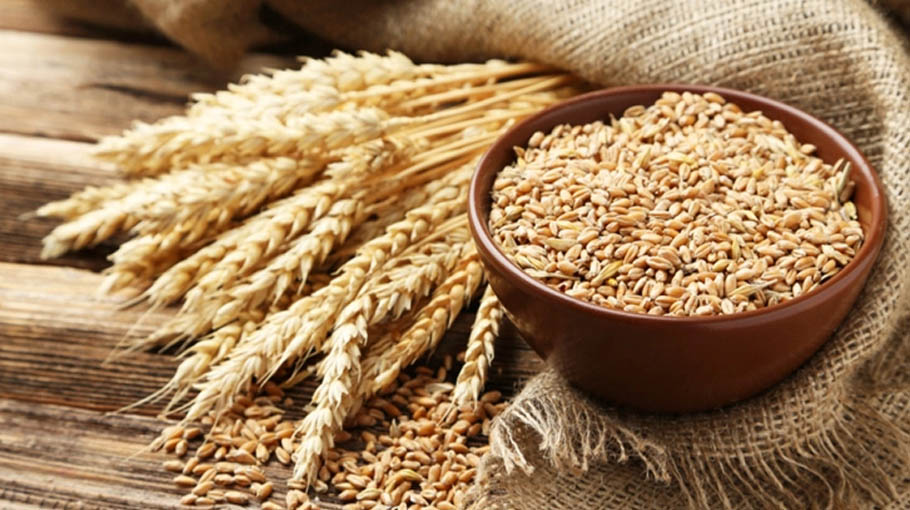Wheat import Bangladesh explores alternative sources

Bangladesh has opted to explore alternative overseas sources to meet demands for wheat, even with higher cost, as the war between Russia and Ukraine blocked ways for import of the country’s second major staple from these two wheat producing nations.
“Currently we are getting no wheat from Russia and Ukraine, a situation which prompted us to allow private sector to explore new sources even if it cost a bit high,” said a food ministry official, entrusted with the task of overseeing food imports.
Ministry's Senior Assistant Secretary Mahbubur Rahman added that so far the private importers signed deals for importing 6.5 lakh tones of wheat, Bangladesh’s second major staple, from Bulgaria, Romania and even from Russia and under their agreements “Bangladesh by now received 3.13 lakh tones”.
“We expect the rest of the volume to come by end of December this year,” he said.
Bangladesh’s domestic average annual wheat production is around 10 lakh (1 million) tonnes against the demand for 75 lakh tonnes and 62 percent of the imported wheat come from Russia, Ukraine and India.
Food ministry officials said India too stopped exporting wheat in view of the global crisis to ensure their domestic food security.
After the outbreak of the war Russia had halted its wheat exports across the world but temporarily eased the restriction in principle under which Bangladesh received a consignment of one lakh tone in May this year.
Bangladesh last received 46,655 tonnes Ukrainian wheat in May.
“From then on no wheat was available from either of the countries,” an official familiar with the situation said.
The officials comments came as wheat price was increasing steadily in the past several months affecting the prices of bakery items including “ata”.
Food officials said Russian and Ukrainian wheat were used to be exported in much cheaper prices while India was providing it in lowest price but the situation forced Bangladesh to look for the staple in other countries including Canada.
The average per tonne wheat price in international market (today) on November 9 was US$353.67 which was $258.68 around the year in 2021.
Wheat importers said enhanced wheat price in international market exposed them to a challenge while devalution of Bangladesh currency has aggravated the crisis.
Food Minister Sadhan Chandra Majumder, meanwhile, said the government by now took all necessary steps to boost up the domestic food supply through raising import and food procurement to prevent any pandemic like situation amid the current global crisis.
“Bangladesh is ready to overcome the food scarcity beefing up food supply through import and local procurement while the world economy is facing a catastrophe due to prolonged Russia-Ukraine war,” he told BSS.
Majumdar said the volume of Aman, the second major rice verity in terms of production, was likely to be more than expected when it would be harvested next month in view of the field situation so far.
Bangladesh primarily depends on Boro for its main staple rice which is harvested in between April and June and planted from December to early February while 55 percent of the total rice production comes from Boro.
“But as part of food security precautions, we have laid emphasis as well on rice procurement (alongside wheat) from abroad and intensify vigil against hoarding with profiteering motive,” he said.
The minister said several vigilance teams were formed with the ministry officials to enforce the vigil in different food markets across the country so none could create artificial food crisis.
He said to beef up the food stock the government approved 10 lakh tonnes rice import while over 5.50 lakh tonnes already arrived and the rest 4.50 lakh tonnes will reach by the yearend.
Food officials said since the start of the Russia-Ukraine war, imports fell to rock bottom while the country’s overall food grain stock in public sector now stood at over 15.83 lakh tones --- over 13.64 lakh tonnes rice, over 2.10 lakh tonnes wheat and 12,074 tonnes of paddy.




